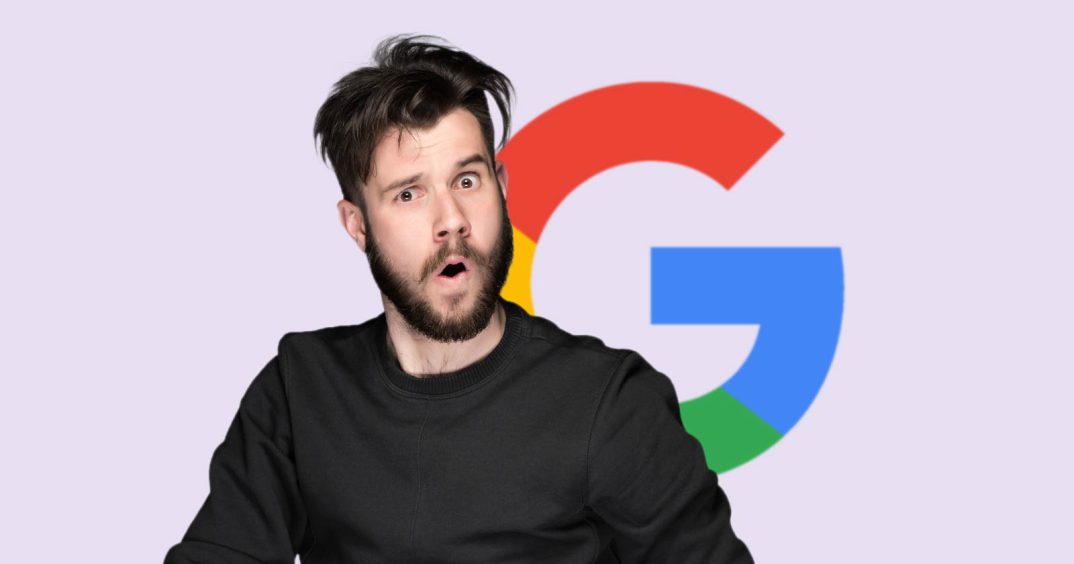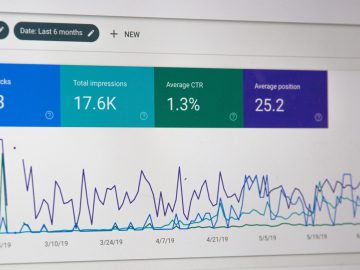An SEO asked on LinkedIn why an anonymous user on Reddit could outrank a credible website with a named author. Google’s answer gives a peek at what’s going on with search rankings and why Reddit can outrank expert articles.
Why Do Anonymous Redditors Outrank Experts?
The person asking the question wanted to know why an anonymous author on Reddit can outrank an actual author that has “credibility” such as in a brand name site like PCMag.
The person wrote:
“I was referring to how important the credibility of the writer is now. If we search for ‘best product under X amount,’ we see, let’s say, PCMag and Reddit both on the first page.
PCMag is a reliable source for that product, while Reddit has UGC and surely doesn’t guarantee authenticity. Where do you see this in terms of credibility?
In my opinion, Google must be focusing more on this, especially after the AI boom, where misinformation can be easily and massively spread.
Do you think this is an important factor in rankings anymore?”
This is their question that points out what the SEO feels is wrong with Google’s search results:
“As we can see, Reddit, popular for anonymous use, ranks much higher than many other websites.
This means that content from anonymous users is acceptable.
Can I conclude that a blog without any ‘about’ page or ‘author profile’ can also perform as well?”
Relevance And Usefulness Versus Credibility
Google’s John Mueller answered the question by pointing out that there are multiple kinds of websites, not just sites that are perceived to be credible and everyone else. The idea of credibility is one dimension of what a site can be, one quality of a website. Mueller’s answer reminded that search (and SEO) is multidimensional.
Google’s John Mueller answered:
“Both are websites, but also, they’re quite different, right? Finding the right tools for your needs, the right platforms for your audience and for your messages – it’s worth looking at more than just a simplification like that. Google aims to provide search results that are relevant & useful for users, and there’s a lot involved in that.
I feel this might fit, perhaps you have seen it before -“
Does Reddit Lack Credibility?
When it comes to recipes , in my opinion, Reddit users lack a lot of credibility in some contexts. When it comes to recipes, I’ll take the opinions of a recipe blogger or Serious Eats over what a random Redditor “thinks” a recipe should be.
The person asking the question mentioned product reviews as a topic that Reddit fails at credibility and ironically that’s actually a topic where Reddit actually shines. A person on Reddit who is sharing their hands-on experience using a brand of air fryer or mobile phone is the epitome of what Google is trying to rank for reviews because it’s the opinion of someone with days, weeks, months, years of actual experience with a product.
Saying that UGC product reviews are useful doesn’t invalidate the professional product reviews. It’s possible that both UGC and professional reviews have value, right? And I think that’s the point that John Mueller was trying to get across about not simplifying search to one ranking criteria, one dimension.
This a dimension of search that the person asking the question overlooked, the hands-on experience of the reviewer and it illustrates what Mueller means when he says that “it’s worth looking at more than just a simplification” of what’s ranking in the search results.
OTOH… Feels Like A Slap In The Face
There are many high quality sites with original photos, actual reviews and content based on real experience that are no longer ranking the search results. I know because I have seen many of these sites that in my opinion should be ranking but are not. Googlers have expressed the possibility that a future update will help more quality sites bounce back and many expert publishers are counting on that.
Nevertheless, it must be acknowledged that it must feel like a slap in the face for an expert author to see an anonymous Redditor outranking them in Google’s search results.
Multidimensional Approach To SEO
A common issue I see in how some digital marketers and bloggers debug the search engine results pages (SERPs) is that they see it through one, two, or three dimensions such as:
- Keywords,
- Expertise
- Credibility
- Links
Reviewing the SERPs to understand why Google is ranking something is a good idea. But reviewing it with just a handful of dimensions, a limited amount of “signals” can be frustrating and counterproductive.
It was only a few years ago that SEOs convinced themselves that “author signals” were a critical part of ranking and now almost everyone (finally) understands that this was all a misinterpretation of what Google and Googlers said (despite the Googlers consistently denying that authorship was a ranking signal).
The “authorship” SEO trend is an example of a one dimensional approach to SEO that overlooked the multidimensional quality of how Google ranks web pages.
There are thousands of contexts that contribute to what is ranked, like solving a problem from the user perspective, interpreting user needs, adapting to cultural and language nuances, nationwide trends, local trends, and so on. There are also ranking contexts (dimensions) that are related to Google’s Core Topicality Systems which are used to understand search queries and web pages.
Ranking web pages, from Google’s perspective, is a multidimensional problem. What that means is that reducing a search ranking problem to one dimension, like the anonymity of User Generated Content, inevitably leads to frustration. Broadening the perspective leads to better SEO.
Read the discussion on LinkedIn:
Can I conclude that a blog without any ‘about’ page or ‘author profile’ can also perform as well?
Featured Image by Shutterstock/Master1305




